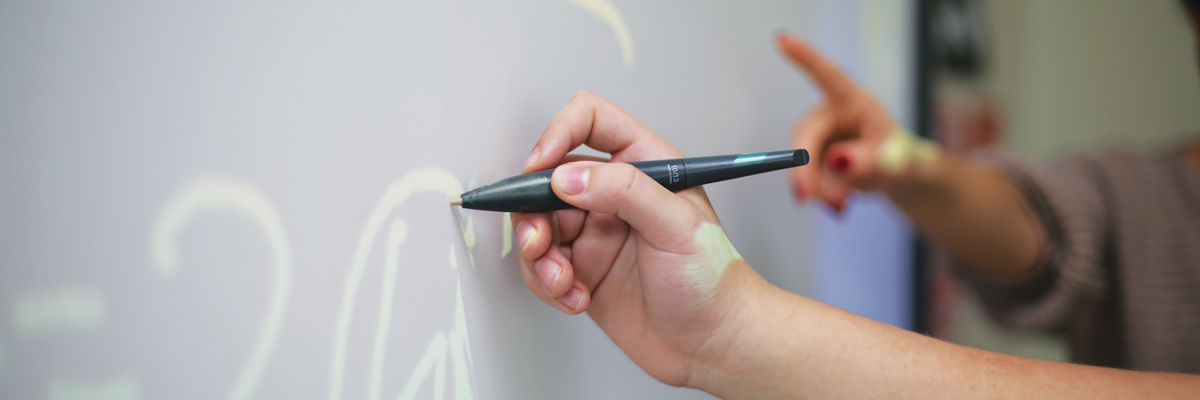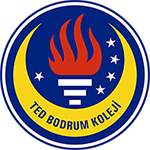
TED Bodrum College uses a number of measurement and evaluation tools with a view to measuring their learning and giving a direction to their future development. The information obtained as a result of such measurement and evaluation efforts is shared with the relevant parties through parent information meetings, parent-teacher meetings, portfolio meetings shaped by students, and written reports.
Exams organised at all TED schools at the same time allows us to identify the academic and developmental levels of students at the start, in the course and at the end of every academic year. This practice ensures academic standardisation at all TED schools.
Students’ academic success is established on the basis of the results of written, practical and verbal exams, homework, or projects depending on the characteristics of every subject. The measurement tools prepared with the aim of establishing students’ success focus not only on identifying knowledge, but also on measuring the behaviours they have learned with respect to comprehension, self-expression, interpretation, implementation, analysis-synthesis, and assessment. The evaluation of students not only includes the results of measurements, but also takes into consideration their attendance in class activities; scientific attitudes and behaviours; observation, research-examination, and scientific thinking skills; owned and expressed intellectual richness; affinity to responsibility and team work; ability to share information and findings; and activities on the basis of a number of other similar observations.
For every student in the process of preparing for TEOG (Transition from Elementary to Secondary Education), areas in need of support is identified and the necessary reinforcement efforts put forth.
Exams organised at all TED schools at the same time allows us to identify the academic and developmental levels of students at the start, in the course and at the end of every academic year. This practice ensures academic standardisation at all TED schools.
Students’ academic success is established on the basis of the results of written, practical and verbal exams, homework, or projects depending on the characteristics of every subject. The measurement tools prepared with the aim of establishing students’ success focus not only on identifying knowledge, but also on measuring the behaviours they have learned with respect to comprehension, self-expression, interpretation, implementation, analysis-synthesis, and assessment. The evaluation of students not only includes the results of measurements, but also takes into consideration their attendance in class activities; scientific attitudes and behaviours; observation, research-examination, and scientific thinking skills; owned and expressed intellectual richness; affinity to responsibility and team work; ability to share information and findings; and activities on the basis of a number of other similar observations.
For every student in the process of preparing for TEOG (Transition from Elementary to Secondary Education), areas in need of support is identified and the necessary reinforcement efforts put forth.

